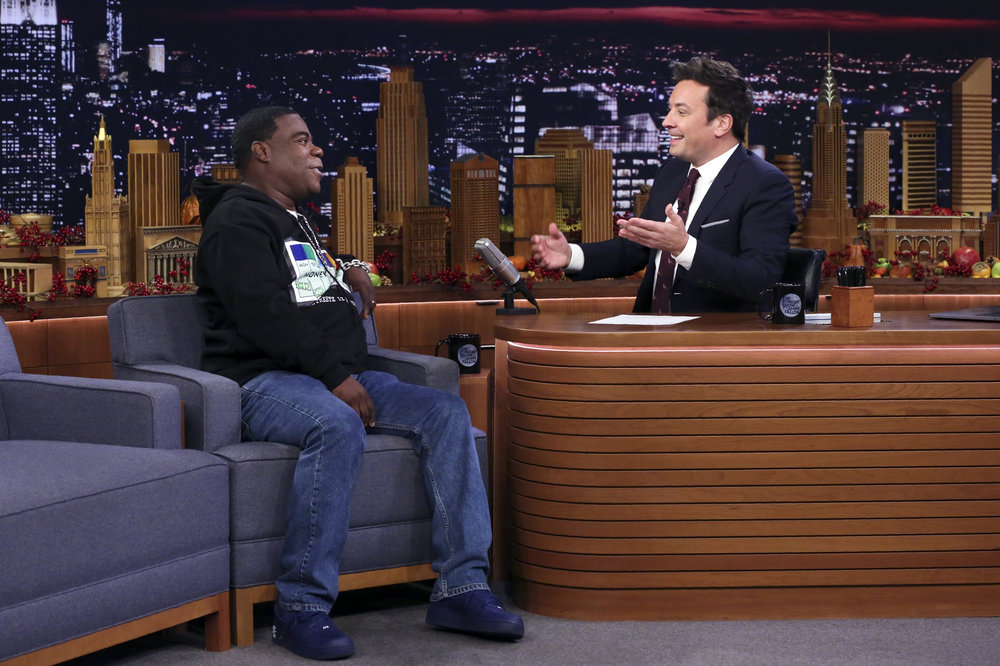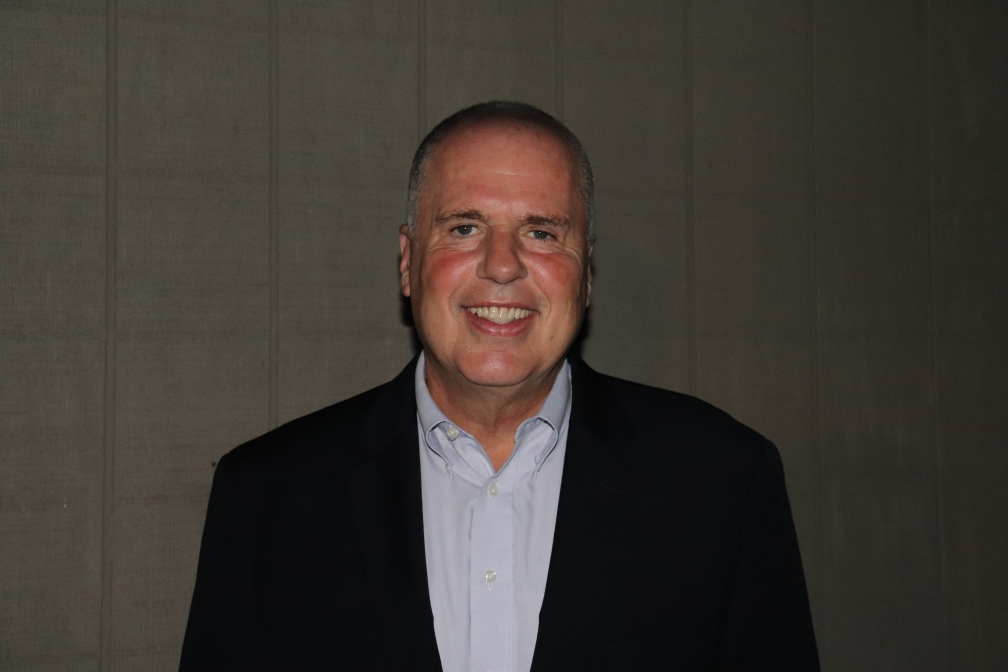News, Talk and Sports – Can These Genres Succeed Digitally?
Streamers have cornered the market on scripted drama and comedy, but what about these?
The smarter way to stay on top of the streaming and OTT industry. Sign up below.
You are now subscribed
Your newsletter sign-up was successful
Streaming services have revolutionized how we watch TV and consume content. We watch when we want, where we want, and with no restrictions. We can get through an entire season of a series if we choose to do so, in most instances. There are no Nielsen ratings to dictate what is popular…and what is not. And we all have a voice thanks to social media. But, even in this sea of change, there is one constant, the value of which will never change…original content.
As always, and on any outlet (linear or digital), it is the content that separates one platform from the next.
Naturally, there is no denying the impact outlets like Netflix, Amazon and Hulu have made in the original scripted drama and sitcom departments, which is a path other recent and upcoming streamers are taking. The list of quality entries keeps growing. The critics have taken notice. And the absence of HBO’s Game of Thrones on the Emmy ballot this summer means these streamers are poised to dominate.
Last fall, HBO scored 34 wins at the Primetime Emmys (with 12 bestowed on Game of Thrones), followed by Netflix at 27 and Amazon at 15. The top-honored broadcast network, in contrast, was NBC with just 7 wins (a result of granddaddy Saturday Night Live).
“I remember when cable was the place to go for cutting-edge, trendy and creatively different series,” said media analyst Brad Adgate. “Now, these streamers are stealing that thunder in the comedy and drama departments, both in regularly scheduled series and in the movies and miniseries areas. I wonder what other genres they will tackle next.”
Unlike the streamers and cable, which have no necessary guidelines, the Big 3 broadcast networks operate via a variety of dayparts. Primetime, of course, is the most widely seen block of programming each day. Network news, both in the morning and the evening, remains a key financial ingredient. Late night is a haven for talk shows, another potential cash cow. And, as network audiences for all dayparts continue to deteriorate in this record era of content platforms and individual series, sports is the one consistent.
“Digital makes you the programmer of sorts, where you can pick and choose when you want and not just on a TV screen,” noted Adgate. “But when it comes to a live event, sports in particular, you just don’t get the same impact on a mobile device. Can you imagine over 100-million viewers tuning in to watch the Super Bowl on their phones? Or really any sporting event?”
The smarter way to stay on top of the streaming and OTT industry. Sign up below.
“I don’t imagine these streamers will tap into the network sports audience anytime soon,” he added.

News or Talk As a Streaming Option
“Sports programming shows no signs of wear and tear on the broadcasters,” said Rob Russo, founder and president of RNR Media. “But I just don’t see a talk show of a topical nature on a digital platform, like Jimmy Fallon or Jimmy Kimmel, because of the day to day topicality. Has anyone, after all, heard anything about David Letterman’s talk show on Netflix? I presume it was a failure, wasn’t it?”
Letterman appeared on the streamer in My Next Guest Needs No Introduction with David Letterman, which featured an interview with one guest per show. The second season premiered on May 31, 2019.
“Amazon and Hulu are trying to get in the live sports category, particularly NFL football on Amazon,” said Russo. “But the point of what makes money for the traditional cable and broadcasters, whether it is local or network, is the news divisions. And that’s another area that these streamers really cannot compete in because they would need a live show every day at a certain time, which is not their model. The beauty of the subscription model is the ability to watch anytime you want, and news does not work that way.”
“I think the bread and butter on digital are these regular scripted series, which outlets like Netflix, Amazon and Hulu have done a great job with,” he added. “But the competition continues to grow. There is more competition than ever before.
Dave Morgan, founder and CEO of Simulmedia, suggests another category for streaming services that could work: console gaming companies.
“Those products are increasingly going ‘free to play,’ supported by user-fees,” he said. “You can imagine them moving to bundled, subscription services supported by both user fees and advertising. And that could be another area to focus on in the future digitally.”
Marc Berman is editor-in-chief for media-centric The Programming Insider (programminginsider.com), which pioneered the email newsletter format at its inception in 1999. Marc has written for a wide range of publications including Broadcasting + Cable, Next TV, Forbes, Newspro, Campaign US, The Hollywood Reporter and Variety. Known as “Mr. Television” at Mediaweek (now Adweek), Marc has appeared on camera on Entertainment Tonight, Extra, Inside Edition and CNN and MSNBC, among other series and outlets. He is a member of The Television Critics Association and The Broadcast Journalists Television Association. And Marc put his TV historian hat on as author of desk calendar Today in TV History.

